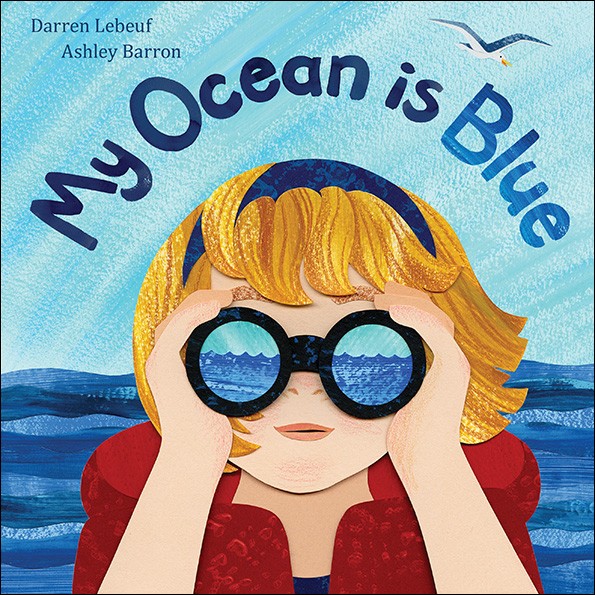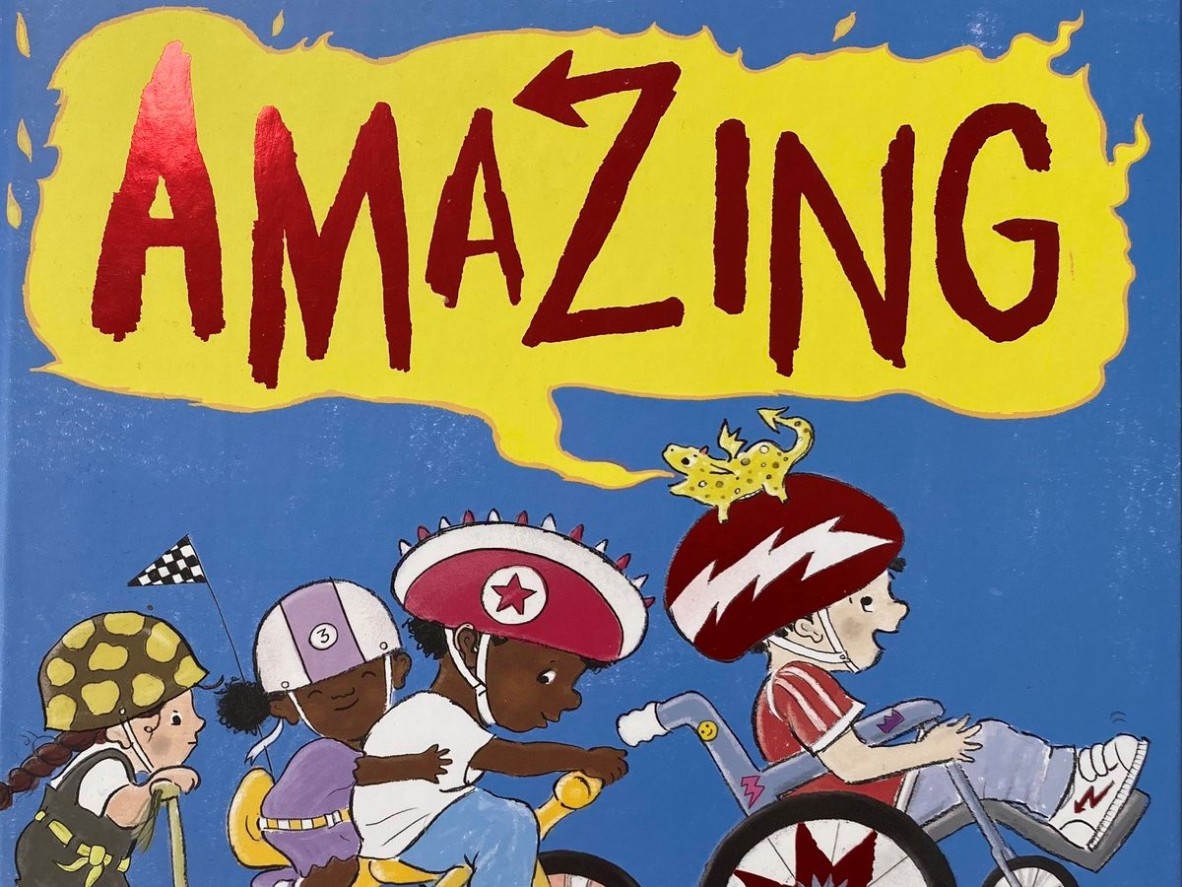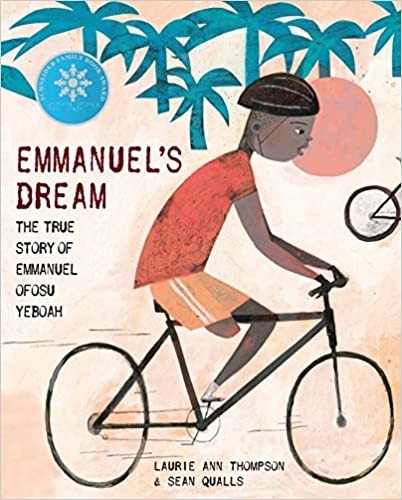Inclusive books promote positive attitudes to disability
By Young People and Familes | 3 December 2021
Today is the International Day of People with Disability. More than 4 million Australians live with disability. It could be you, your child, or someone you know, but no matter what your personal experiences are, you can help your child develop positive attitudes and understanding about people with disabilities by talking with them and sharing books that show accurate representations and inclusions of disability.
What impact do books have on children?
Books are a child’s window to the world and what they see in books has a profound impact on how they perceive the world. Children with disability who see themselves portrayed in books as strong and included experience greater self-esteem and sense of purpose. It also means they are more likely to enjoy books and reading. Seeing characters with disabilities helps children and young adults:
- become aware of, understand, and accept their peers with disabilities
- reflect on similarities between themselves and the character with the disability

My ocean is blue by Darren Lebeuf

Amazing by Steve Antony

Emmanuel's dream by Laurie Ann Thompson
Story features to look for
Today, authors strive to create a positive, accepting impression of characters that have differing abilities. A character's disability is not always critical to the action of the story and is often secondary to the main message of the book.
Children need to see children just like themselves doing ordinary things like visiting the library, going to the pool, and playing in the backyard. Highly relatable books allow children to identify with the characters. Here’s how to find a good book. Look for:
- a theme that appeals to children
- a story or action told from the point of view of the person with disability, as in Not So Different: What You Really Want to Ask About Having a Disability
- a story that focuses on the protagonist’s strengths and abilities rather than limitations.
- protagonists portrayed as included in multiple everyday tasks and settings including school, home, and community
Books that portray disability in a positive way
- Amazing by Steve Anthony
- The boy in the big blue glasses by Susanne Gervay (Available on Story Box Library)
- Can bear’s ski? by Raymond Antrobus
- Emmanuel’s dream by Laurie Ann Thompson
- The girl who thought in pictures by Dr Temple Grandin
- My ocean is blue by Darren Lebeuf
- Three by Stephen King (Available on Story Box Library)
- Two mates by Melanie Powell
Talking with children about disabilities
Stick to the facts and don’t refer to people with disability as special or courageous. Don't be afraid to use the word ‘disability’ when talking about disability. Use person-first language such as: a person with disability; a person with vision impairment and a wheelchair user. Children are naturally curious about things they see and hear and our response to their questions helps build positive attitudes. Here are some tips:
- talk about wheelchairs and other equipment and explain their use
- use language that highlights the positives about what children with disability can do
- talk about similar experiences children with disability and other children share and help them focus on our similarities.
- keep explanations positive and explain that hearing aids help others hear and wheelchairs help others move around, instead of saying he can't hear, she can't walk, etc.
Your local public library
As your local public library staff to recommend inclusive picture books for you. They may have some of the books mentioned or be able to find others on the theme. Some titles are available from Story Box Library, available from many public libraries. It’s the positive and inclusive example your children learn from you that helps them build their attitudes towards disability.
Comments
Your email address will not be published.
We welcome relevant, respectful comments.